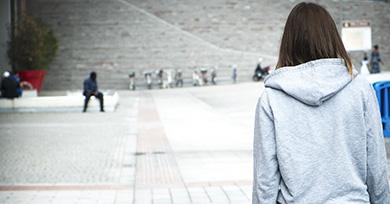
Breadcrumb
- Home
- Search a publication
- Female-oriented programmes in addiction care - Res...
As a minority in specialised care services, French women presenting with addictions represent 23% and 18% of the public seen in specialised drug treatment centres (CSAPA) and harm reduction facilities (CAARUD) respectively.

However, these women show, more than men, many social and health vulnerability factors (suicidal history, psychiatric comorbidity and an abnormally high death rate related to drug use, single parenthood, violence, etc.) and report a greater fear of being stigmatised. When facing these situations, which can be exacerbated during pregnancy or when children are involved, addiction care services have sometimes developed specific care arrangements to meet women's needs.
These specific answers take various forms: from ad hoc interventions to the implementation of a framework of follow-up and appropriate care. In 2018, the French Monitoring Centre for Drugs and Drug Addiction (OFDT) launched the Ad-femina online survey to provide an overview of addiction schemes tailored specifically to women in 2017 in France.
About 2,650 women were seen in 80 schemes in 2017, a modest number compared to around 72,000 women who annually attend CSAPAs and CAARUDs. Like all women received in specialised services, these beneficiaries are mainly polydrug users, often misuse alcohol and have social and health vulnerabilities, deterring them from asking for care. Finding ways to get them into care as early as possible and keeping regular contact with them are some of the main challenges faced by the teams.